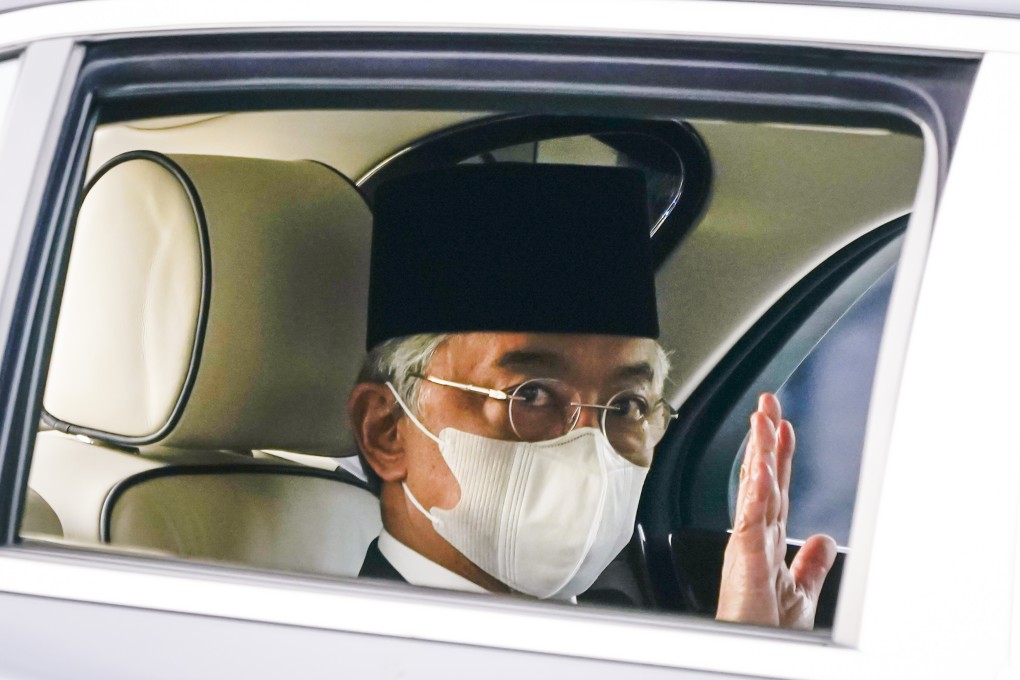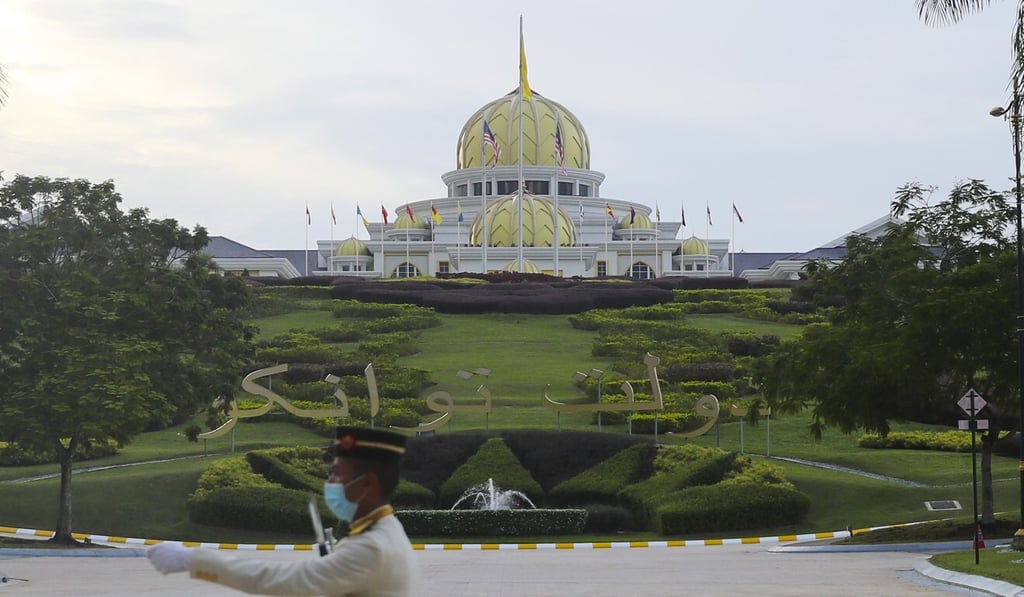Asian Angle | It’s time Malaysia had a law against party-hopping
- Politicking was supposed to be suspended during the coronavirus state of emergency. Instead, MPs are crossing over like it’s a game of musical chairs
- Left unaddressed, this practice will lead to apathy among voters and risks normalising betrayal and dishonour among holders of political office

Yet MPs from the Perikatan Nasional government and the Pakatan Harapan opposition did exactly the reverse, soliciting defections to boost their parliamentary support. While Covid-19 infection rates continue to rise, politicians’ power-grabbing behaviour may have a deep impact on the country’s political culture.

Recently, a statement from the palace said parliament could resume even during the emergency period. Details of what such sittings can achieve, or whether these can deliberate, block or pass government bills remain wanting. The truth is that even when parliament was not in session, politicking continued.
The latest crossovers came from the opposition to the government, boosting Muhyiddin’s administration. The prime minister, photographed with opposition MPs Larry Sng and Steven Choong, declared that he had obtained statutory declarations of support from them.
